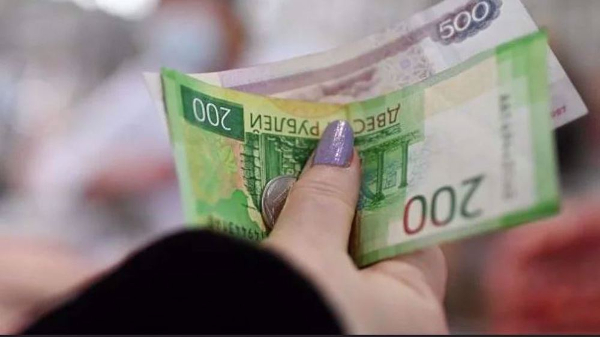
Flames engulf a gas pipeline in Agri, Turkey, on March 31, 2020. (Photo by DHA)
Turkey is dragging its feet on repairing a pipeline which was hit by an explosion in late March, stopping Iranís gas exports to the country, the Fars news agency says.
Iran sells about 10 billion cubic meters a year of gas to Turkey under a 25-year supply deal signed in 1996. The pipeline has been blown up several times by PKK terrorists, but it has been repaired and the gas flow has continued shortly.
However, after another blast occurred on the pipeline on March 31, an official at the National Iranian Gas Company (NIGC) said the Turkish side was not responding even as Iran had informed it of the incident.
According to Mehdi Jamshidi-Dana, Turkeyís representative at Bazargan gas transmission station had left his post due to the outbreak of the novel coronavirus.
The official said it was not clear when the line would re-open, but he cited past experience which showed "repairing the lines takes three to seven days, depending on the amount of damage done".
On Wednesday, Fars suggested that the pipeline is still out of service, citing Turkish state energy company Botasí dilly-dallying and unwillingness to repair it.
The news agency speculated that the situation must be the result of aggressive US efforts to push its liquefied natural gas (LNG) into Turkey.
Heavily dependent on gas imports from Russia, Turkey has already reduced flows from Gazprom significantly, while increasing LNG purchases and gas imports from Azerbaijan.
"In recent months, Turkey has imported as much LNG from the United States as gas imports from Iran," Ali Nasr, an energy expert, told Fars.
Last November, Turkey marked the completion of the Trans-Anatolian Natural Gas Pipeline (TANAP) to carry gas from Azerbaijanís Shah Deniz II field to Europe.
In January, the presidents of Turkey and Russia formally launched the TurkStream pipeline to carry Russian natural gas to southern Europe through Turkey.
Fars warned that Iran may lose its biggest gas market to rivals, which could cost the country $150 million-$200 million in lost revenues a month.
The US has the necessary incentive to remove Iranian gas from the Turkish market in order to increase economic pressure on Iran, while Turkey seeks to diversity its energy sources and reduce gas imports from Iran and Russia, the agency said.
The US is currently pushing Trumpís "energy dominance" agenda that seeks to advance diplomatic and policy objectives through rapidly expanding US oil and gas exports.
Iran has already lost its biggest condensate market in South Korea which imported 300,000 barrels per day (bpd) of the ultra light oil from the Middle Eastern country.
The Koreans stopped the shipments under pressure from the United States which is aggressively thrusting its fast-growing condensate into Asia.
According to US officials, Washington has offered to sign a $100 billion trade agreement with Turkey, which their presidents discussed at the Munich Security Conference.
The offer is part of the Trump administrationís main goal to get President Recep Tayyip Erdogan drop plans to use Russiaís S-400 missile defense systems.
"If an agreement is reached, the possibility of replacing Iranian gas with American LNG is quite possible," Fars warned.
According to the news agency stated, Turkey has expanded its LNG terminals to take in 25 billion cubic meters of cargoes - 2.5 times more than the imported gas from Iran. The terminals are currently operating only at 25 percent of their nominal capacity.
The existing gas deal with Turkey is valid until 2016, but US energy inroads have prompted calls on Iranís Ministry of Petroleum to initiate negotiations on having it extended and even expanded.
In 2016, Iran agreed to grant discounts in its sales of natural gas to Turkey after a court of arbitration ruled in Ankaraís favor in a dispute over pricing.
Iranís other major gas client is Iraq which is equally under the US pressure to stop imports.
Early this month, Iraqi officials said the United States had given a 120-day waiver for Iraq to continue importing electricity from Iran.
The Arab country relies on Iran for trade and natural gas that generates as much as 45% of its electricity. The US has been enlisting its companies and allies such as Saudi Arabia to replace Iran as Iraqís source of energy.
SOURCE: PRESS TV
LINK: https://www.ansarpress.com/english/17475
TAGS:






























 South Korea may punish Tesla
South Korea may punish Tesla 




